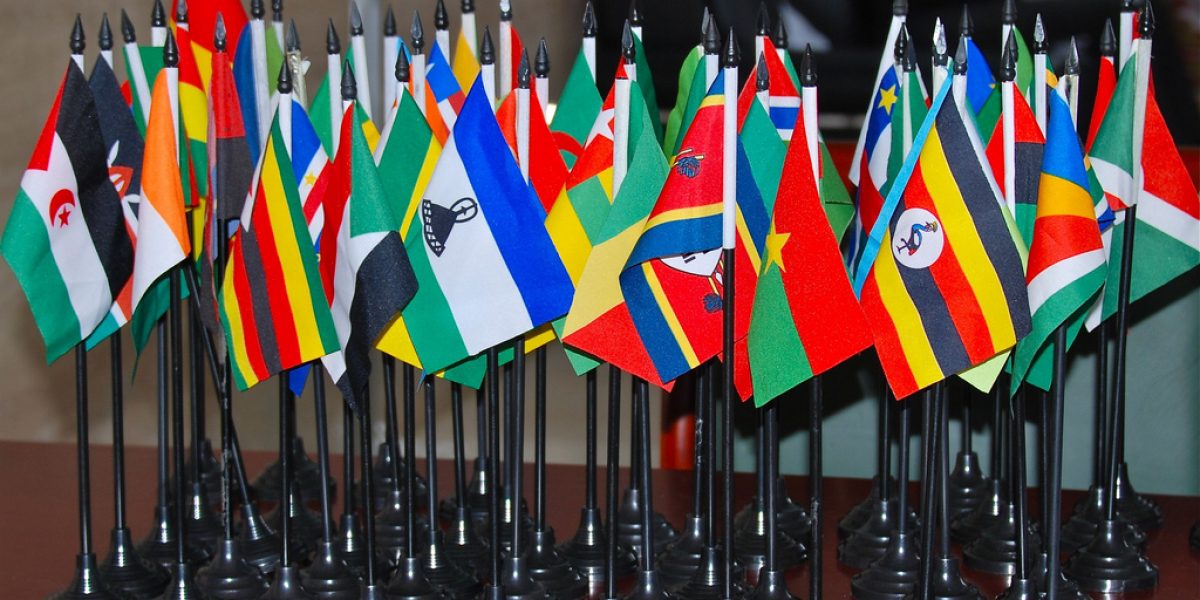Two Papers on Strengthening the African Peer Review Mechanism
This edition of the SAIIA Occasional Papers Series presents two papers by SAIIA researchers that reflect on critical aspects of the African Peer Review (APR) process – conducting research and developing Programmes of Action (PoAs) – that have both technical and political dimensions. The issues they raise in the interest of strengthening the African Peer Review Mechanism (APRM) are pertinent and timely, following this week’s meeting of the APR Forum of participating heads of state and government in Sharm-el-Sheikh, Egypt on 29 June 2008. Is the African Peer Review Mechanism (APRM) gathering momentum, or becoming a victim of its own success? Both trends were apparent on the Red Sea.
On the one hand, more countries are joining, and others are progressing well through the various stages of Africa’s most important governance reform initiative. Togo formally acceded, bringing to 29 the total number of states voluntarily participating. Other recent signatories are Mauritania (January 2008) and Djibouti (July 2007). Three Country Review Reports – for Uganda, Nigeria and Burkina Faso – were ready for review by the peers, more than at any other Forum meeting previously, and several others, including Lesotho, Mali and Mozambique are likely to receive Country Review Missions this year.
On the other, the administration of the process is struggling with the pace of reviews. Time pressure at the Forum meeting, convened as usual on the margins of a busy African Union (AU) Summit, meant that only Uganda’s report could be discussed in full. Countries had been informed in advance, and an extraordinary meeting may need to be scheduled. This is likely to delay the public release of these reports, which can reduce their political impact, as has happened previously with Rwanda and South Africa. Expected changes to the membership of the APR Panel of Eminent Persons were not announced at the Forum meeting nor were the annual progress reports for the implementation of the APRM’s Programme of Action (POA) by early countries discussed, due to the packed schedule. POA progress reports were originally meant to be presented every six months. This was changed to reporting every year, but Sharm-el-Sheikh left no time to discuss them at all.
This lack of monitoring of progress is an important weakness and it looks set to become more significant as more countries move through the process and the backlog of reviews grows. The recent Audit Report on the AU noted that the lack of effective monitoring, evaluation and follow up was a key weakness. Quantity is important, but quality should never be compromised.
Number 4, June 2008
Understanding APRM Research: Planning, Process and Politics – A Practical Handbook for Peer Review Research
By George Katito
This handbook offers advice to research organisations that become involved in their local APR process, particularly those appointed as ‘technical research institutes’ (TRIs), which are hired to pull together the Country Self-Assessment Reports (CSARs). Katito draws on extensive interviews with researchers who participated in national APR exercises, and makes recommendations on how to conduct research and consultations effectively and efficiently to ensure that the CSARs are fair, rigorous and candid. It also offers advice about navigating the layers of politics that surround this process.
Number 5, June 2008
Addressing the African Peer Review Mechanism’s Programmes of Action
By Ms Faten Aggad
Ms Faten Aggad carefully analyses the Programmes of Action (PoAs) that are developed during the peer review process, drawing on the experiences of the first six countries to be reviewed – Ghana, Rwanda, Kenya, Algeria, South Africa and Benin. She traces the development of the PoA, and examines the extent to which the recommendations made by the APR’s Panel of Eminent Persons are incorporated into the final version of the PoA. She explores what value PoAs could add in an already-crowded policy environment, and offers recommendations for making these documents more strategic and effective.
SAIIA sincerely thanks those who acted as peer reviewers for these two papers.
Perspectives on Governance: Founded to promote public debate and research on crucial issues of public policy, the South African Institute of International Affairs (SAIIA) is pleased to present a series of occasional papers that we hope will contribute to a more robust conversation about the nature of Africa’s governance challenges.








